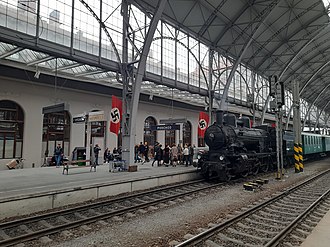
Pearls of Wisdom!
Pearls of Wisdom!
"This is what they call summer, God between us and evil!"
I turned and who was there but Séimí an Droichid, and the poor creature looked like a drowned rat. Fortunately, I had an open golf umbrella with plenty of room for two people under it.
"Come join me under my umbrella!" I said, because I felt sorry for him.
"That's an offer I can't refuse, and I'm very grateful!" Séimí answered and he already safe, sheltered from a heavy shower.
“Well, let's head to Meubles for lunch, then! I will stand this!” We were outside Woodies and heading in that direction, anyway.
"Beggars can’t be choosers, so to speak!" said Séimí. “Ahead we go!”
When we were sitting by the window, eating soup and brown bread, I asked Séimí the question that had been bothering me recently.
"Séimí, I think we are in an uneasy time at the moment. Although diplomacy is the best way to ensure that there will be peace, there is a lack of it all over the world. But the increase in immigration is having the biggest impact on the western world. Once upon a time, the stresses of immigration were only visible in America. We didn't really understand what was going on there until the same thing happened here too, and we learned the complexities of immigration pretty quickly then. But now, things have taken a turn for the worse in Ireland and the violence is getting worse. Riots broke out in Dublin last year, following online rumors of an attack on children in the city centre. And there have been riots in England recently too. People across Britain were shocked when three girls aged between 6 and 9 were killed in a knife attack on July 29 in Southport, a seaside town north of Liverpool. False rumors quickly spread on social media that the suspect was an asylum seeker, or a Muslim immigrant. The anti-immigrant riots started in Southport, and then other riots broke out across England, from Plymouth on the south coast to Sunderland in the North East. Riots also occurred in Belfast, Northern Ireland.
Séimí, where the hell are we going?" I was out of breath, and I was also starving. Séimí was already eating and I quickly imitated him.
“Mickaleen, my faithful friend, what about the niceties of social relations? I'm quite well, thank you, and I hope everything is fine with you, too?” He smiled roguishly, and I realized instantly that I had been rude to Séimí.
"Excuse me, Séimí, for my verbosity - I wasn't thinking at all. And we are fine too, and as busy now as we were before we quit our jobs. I was looking for relief, maybe, or reassurance from you that things will work out in this country and around the world and that's why I started blathering."
"Michael, I understand what you are saying, and that you are worried that things are in turmoil around the world, including in our own country. Too much bad news affects us all negatively. Times like this remind me of an old English proverb, which goes like this: 'Have the calmness to accept things I cannot change, have the courage to make changes when possible, and understand the difference between them.' We have an opportunity as a country to take a strict stance in relation to countries and people committing atrocities. We can express our views to our TDs (representatives). We also have the opportunity to express our discontent on the street, as demonstrations are often organized to pressure the government to address important issues. And we as citizens have a duty to use our votes wisely, and to give our support to people and parties that do not have hatred as an integral part of their political vision. Michael, people worry especially when terrible things are happening that they have no control over. But you can get things done most of the time. Although they are often small things, they make a positive impact in the right direction. My advice to all citizens is another old saying - 'actions speak louder than words'. One small action is stronger than a thousand words. I don't know if that would give you any relief or reassurance, but that's my approach to things like that!” With that, Séimí finished eating and nodded his head wisely. I myself had finished my meal and was drinking in every word that my faithful friend had to say.
“Séimí, you did it again! You are right. The 'Stand up to Racism' group held more than 50 rallies in Great Britain and the North. Around 15,000 gathered in Belfast, chanting the words: 'when migrants are under attack, what do we do? Let's stand up!' There are also frequent anti-racism rallies in Ireland, and there was a big one in Dublin last year. Our conversation reminds me of a few other old sayings of Teddy Roosevelt’s: 'In the hour of destiny, the best thing to do is the right thing, and the worst thing to do is nothing' and ‘Do what you can with what you have, where you are.'
“Well, we're of like minds then. And you tied everything together with the statements of President Teddy Roosevelt. He was a pillar of support for the disadvantaged during the Great Depression in the United States. Great advice from him, no doubt! Well, it's not raining anymore – I'm going to meet another friend at 'Costa' now. Nice to meet you, and I'll definitely see you again after a while."
"I'll be looking forward to it!" I said, but Séimí was already halfway down the stairs.

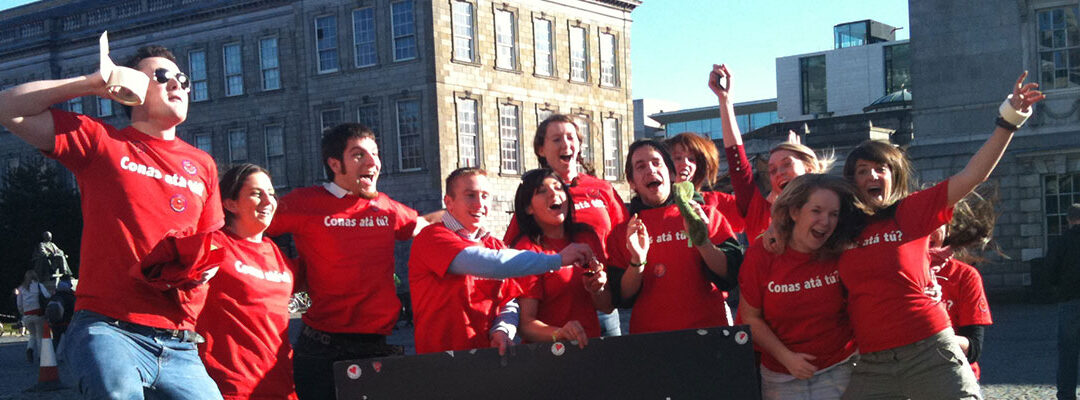
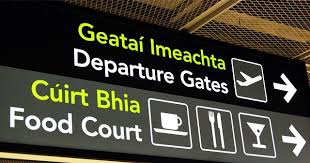

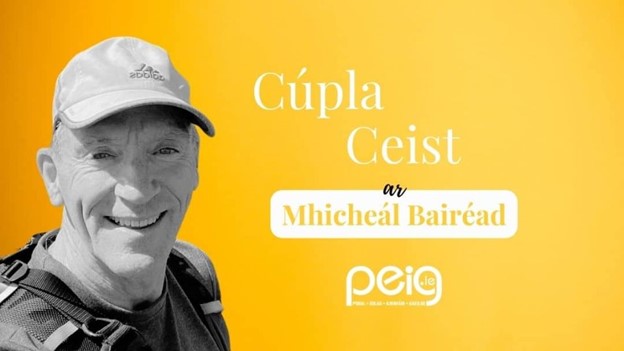
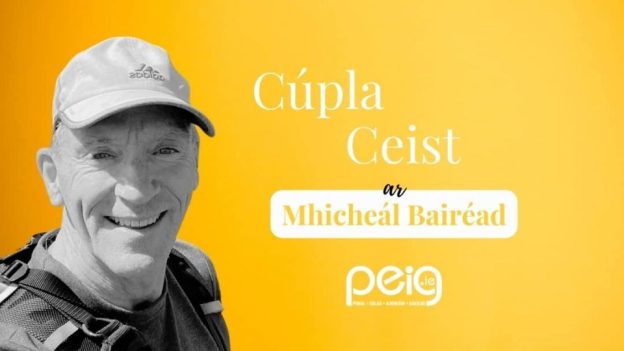
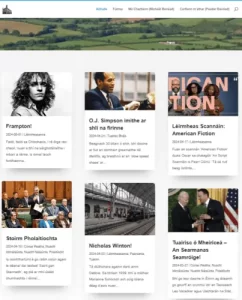 Although the paper has an internet site, my column was not available there. I asked the paper's staff to provide my columns, but only a few appeared on the site, and they were not easy to find. Also, Irish speakers in Kilkenny were interested in being able to access my columns online.
Although the paper has an internet site, my column was not available there. I asked the paper's staff to provide my columns, but only a few appeared on the site, and they were not easy to find. Also, Irish speakers in Kilkenny were interested in being able to access my columns online.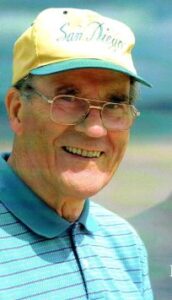 Peadar Bairéad was born in Erris in north-west County Mayo and lived in Kilkenny until his death in 2019.
Peadar Bairéad was born in Erris in north-west County Mayo and lived in Kilkenny until his death in 2019.